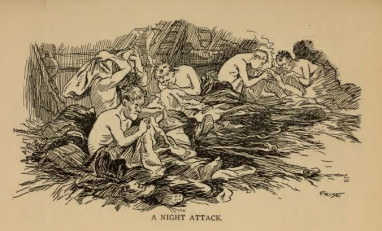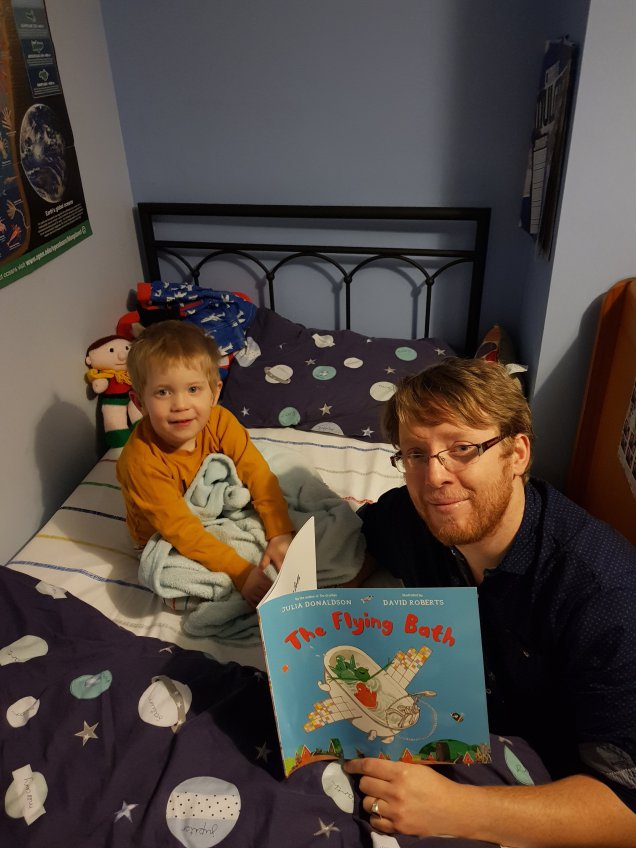 by David Grossman, 2014
by David Grossman, 2014
translated from the Hebrew by Jessica Cohen
It’s a one-man show and you’re not sure what you want a refund for most: your money or your time. This is the feeling throughout most of A Horse Walks into a Bar, but instead of it being an unfortunate result of the story, the emotion is completely intentional. This is the tale of washed up comedian Dov Greenstein and his latest act – an ascent to the stage and a last-ditch effort to reconcile the events of his life. He has purposely invited judge and childhood friend Avishai Lazar (our narrator) to witness the events of his undoing and, while the act is at times frustrating and painful to watch, Dov’s – and Grossman’s – plans become clear in the end. This is not just a comedic act, but a reckoning of a life.
Whether you’ve been to a live comedy act or just seen one on TV, you’re likely familiar with the feeling of watching in embarrassment as someone struggles through unfunny joke after unfunny joke. This is essentially how Dov’s act begins, with sophomoric sexual humor, jabs at the city in which he is performing, and insults to audience members. Avishai is uncertain why he was invited – Why him? Why this act? – if Dov’s only skill is the ability to hurtle mediocre barbs around him. As readers, we, too, remain in the dark about the purpose of this show. Reading through Dov’s act is laborious and seemingly pointless. Are we to watch this aged man crash and burn as he laments his failing body, his fledgling career, his lackluster sexual prowess? How are we to feel as he literally punches himself on stage and lets the blood fall from his face? What have we been invited to and why should we care?
I spent much of the first half of the book asking myself these questions, but little by little, Grossman’s intentions are exposed. This is the story of a man rife with insecurities, who spent his childhood walking on his hands for attention, who struggled with a mother who had survived the Holocaust, whose life was rudely interrupted by a traumatic event, who was abandoned by a friend during the lowest point in his life. This show is his attempt to come to terms with all the wrongs that he was dealt, not for retribution, but for peace. For a comedian who, on the surface, seems perfectly satisfied telling callous dirty jokes, there runs a deep well of despair and regret, and it is only by allowing him to slowly reveal himself behind the frat boy façade that we begin to understand how broken he is.
That said, the first half of the book is rather difficult to get through. I’ve seen my fair share of terrible comics and I’m certain I would have set this book aside had it not been for its prize-winning status. Nevertheless, I’m glad I made it through. It’s a story that hits upon very common themes – who we were, who we have become, who we have loved – that manages to uncover the answers in an unusual way. I may not have loved the book, but ultimately I wanted for no refund.
{Winner: Man Booker International Prize 2017}










